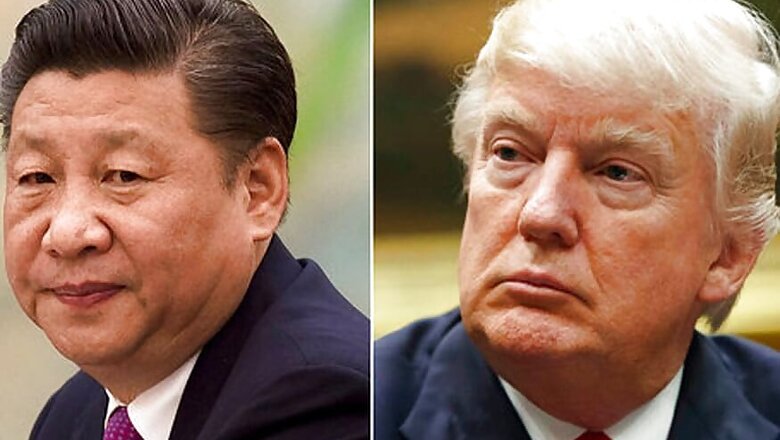
views
Washington: Top American lawmakers and spymasters on Tuesday expressed their concern over the increasing global presence of China through its ambitious 'One Belt One Road' or OBOR initiative, which they said has also a military dimension including in India's western neighborhood.
Responding to lawmakers concerns in this regard, American spymasters during a Congressional hearing on worldwide threats refrained to talk about the OBOR's military dimension in Pakistan in open setting.
"We can talk in a classified session about the nature of the relationship with Pakistan and I think that we can eliminate what you are seeking there," Defence Intelligence Agency Director Gen Robert Ashley told members of the Senate Select Committee on Intelligence.
He was responding to a question from Senator Michael Benet who wanted to know about the potential dual use capabilities that China may attain through OBOR.
"Recently there were reports that China may press Pakistan for military access. As Pakistan falls more and more into China's debt, I'm concerned about data access China may control through digital infrastructure projects in countries around the world. What is the IC's assessment of potential dual use aspects of China's Belt and Road Initiative and what threats do they pose to US interests?" Bennet asked.
In his reply, National Intelligence Director Dan Coats said, "...You can look at the map and see a lot of strategic places where China has real interest in perhaps a dual effort to not only provide infrastructure support, loan support for ports, airports, roads, a lot of infrastructure loans to help with their economy but also interest in placing strategic military positions."
China has been doing this across the globe, he said.
According to Ashley, in terms of dual use technologies there is a multitude of things out there and it's not necessarily germane to the Belt and Road Initiative.
"It's where they are investing and part of that investment is how they are garnering intellectual capital globally but think about quantum from a communication standpoint, from a computing standpoint, from a sensing standpoint what those advanced sensors could do," he said.
Coats told lawmakers that China's pursuit of intellectual property, sensitive research and development plans, and the US person data remains a significant threat to the US government and the private sector.
"China's military capabilities and reach will continue to grow as it invests heavily in developing and fielding advanced weapons and Beijing will use its military clout to expand its footprint and complement its broadening political and economic influence as we have seen with its One Belt One Road Initiative," he said.
"As part of this trend, we anticipate China will attempt to further solidify and increase its control within is the immediate sphere of influence in the South China Sea and its global presence further abroad," Coats said.




















Comments
0 comment